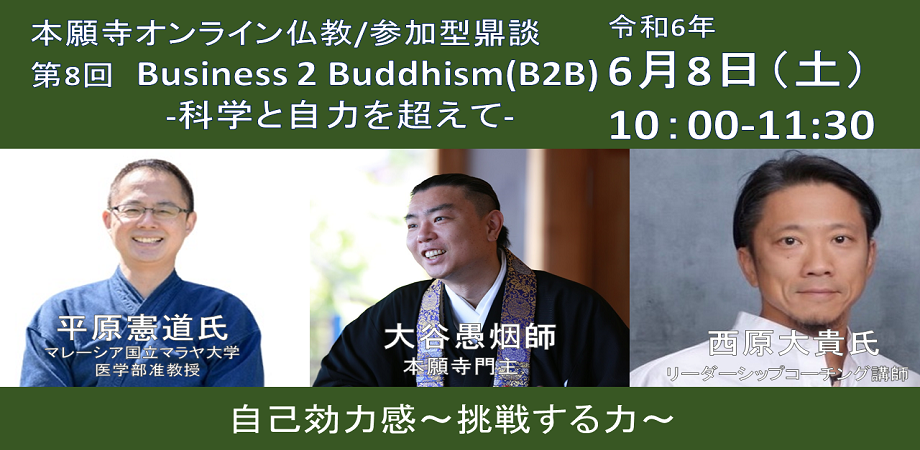https://hbr.org/2018/03/create-a-growth-culture-not-a-performance-obsessed-one
ハーバードビジネスレビューの昔の記事から、学習する組織または成長しようとする組織文化を持つ会社と、結果主義またはアウトカムを出すことに執着する会社組織との違いについて。
最終的にアウトカムを求めるのはもちろん間違ってはいないんですけど、By contrast, a performance-driven culture often exacerbates people’s fears by creating up a zero-sum game in which people are either succeeding or failing and “winners” quickly get weeded out from “losers.”なんですよね、問題は。fearがmotivatorになってしまう。
要するに、「心理的安全性」が欠落してしまうのです。組織のメンバー同士が別に争っていなくても、結果を出さなければどうしよう…という心配や恐れの方が強くなり、ゆっくりと学んだり新しい学習をしたりできる空気がなくなります。
ロボットのように、既にカッチリ決められたタスクをスピーディーにこなすのが仕事というのであれば、別にそれでもいいんですけど、時間がかかりがちなイノベーションを起こそうとすると、これでは難しい。
昔は「バランスが大事だ」と言ってました。でもこの言い方だと、結局は成果主義に引きずられるんですよね。だから、「とりあえず1年ぐらいは 結果 出なくていいんで、ガンガン 学んで行こうぜ !」と言えるぐらいの余裕をリーダーと組織が持つ必要があります。
でも、会社が倒産したら 元も子もない。だから、短期パフォーマンス重視でキャッシュを稼げる事業もしっかりと半分ぐらい持ち、全員がそれに関与しつつも、あとの半分は今すぐ結果を出さなくてもいいぐらいの配分にする必要があるでしょうね、難しいんですけど。
From a Harvard Business Review article, the topic is about the difference between a company with a learning or growth-oriented organizational culture and a results-oriented or outcome-oriented corporate organization.
It’s not wrong, of course, to ultimately seek outcomes, but “by contrast, a performance-driven culture often exacerbates people’s fears by creating up a zero- sum game in which people are either succeeding or failing and “winners” quickly get weeded out from “losers.” The problem is that the FEAR becomes the MOTIVATOR.
In short, “psychological safety” is missing. Even if the members of the organization are not fighting each other, the worry and fear of what if they don’t produce results becomes stronger, and there is no atmosphere for slowly learning, re-learning, and un-learning.
This is fine if the job is to speedily complete a task that has already been firmly established, like a robot, but if you are trying to create innovation, which tends to take time, this is not strategic.
In the past, we used to say, “Balance is important.” But this way of saying it eventually leads us to be dragged down by the results-oriented approach anyway. So, leaders and organizations need to have the leeway to say, “We don’t need results for the first year or so, let’s just go ahead and learn as much as we can!
But if the company goes bankrupt, it will be for nothing. Therefore, it is necessary to have about half of the businesses that focus on short-term performance and can earn cash, and have everyone involved in them while allocating the other half to businesses that do not need to produce results immediately.
(Photo by Braden Collum on Unsplash)








